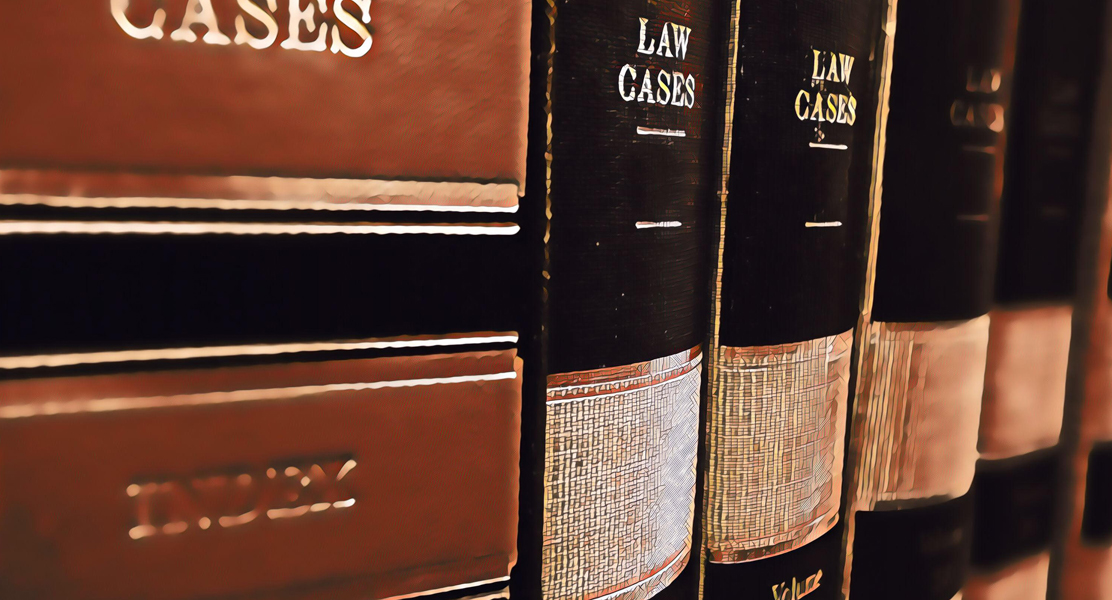Arizona Supreme Court sides with business owner in marriage services dispute

By a 4-3 vote, the Arizona Supreme Court this week ruled that under state free speech and religious freedom law, the city of Phoenix is prohibited from enforcing a nondiscrimination ordinance against business owners who refused to create custom wedding invitations for same-sex marriage ceremonies.
Here, a trial court previously dismissed the plaintiff’s challenge, affirming the city’s right to “regulate the sale of goods and services … to the general public … even if [they] involve expression or artistic creativity.” The Arizona Appeals Court agreed. But the state’s supreme court overturned those rulings as they relate to custom wedding invitations. The majority opinion emphasized that those creations, and only those, made by the plaintiff Brush & Nib Studios are protected speech because they contain both original artwork and messaging that “express a celebratory message about each wedding.”
Countering the charge that their decision will authorize broad discrimination of all kinds in the name of free speech and religious liberty, the majority stressed the limited nature of the ruling. Here is an excerpt from the opinion:
The City’s concern that our decision will undermine the antidiscrimination purpose of the Ordinance, or that it will encourage other businesses to use free speech as a pretext to discriminate against protected groups, is unwarranted. . . . .
Our decision today is limited to one, very unique product (Plaintiffs’ custom wedding invitations), and the protection afforded this product is based solely on the celebratory messages Plaintiffs convey (or refuse to convey), not the race, gender or sexual orientation of the customer.
Specifically on the question of religious freedom, the court applied the state’s Free Exercise of Religion Act (FERA), which it likened to the Religious Freedom Restoration Act (RFRA) because it prohibits the government from imposing a substantial burden on a person’s religious exercise unless necessary to further a compelling state interest. The court concluded that “the [nondiscrimination] Ordinance, as applied to Plaintiffs’ creation of their custom wedding invitations, places a substantial burden on their right to free exercise of religion. Additionally, the City has failed to show that applying the Ordinance to Plaintiffs’ invitations is the least restrictive means to achieve its asserted compelling interest.”
Finally, the plaintiffs are entitled, the majority held, to post publicly a statement indicating their refusal to create custom wedding invitations for same-sex marriage ceremonies.
The dissenting judges found that the state has a compelling interest in eradicating discrimination that justifies any incidental burden on a for-profit business’s free speech or free exercise of religion. They rejected the majority’s insistence that the ruling is limited, warning that “if religious beliefs can allow discriminatory refusals of service to same-sex couples, there is no principled reason why FERA will not also protect discriminatory denials of goods or services in other contexts to other protected groups.”
The decision is only the latest to tackle the tension between public accommodation laws barring discrimination on the basis of sexual orientation and business owners who object on religion grounds to providing services related to same-sex weddings. These can be very difficult and painful cases to navigate. For a deeper dive into these complicated issues, I highly recommend a 2017 column from BJC General Counsel Holly Hollman, who wrote on the then-pending Masterpiece Cakeshop case. (For more on that case, visit BJConline.org/Masterpiece).
To be sure, the Brush & Nib case here rests on very different facts, but the underlying issues in are still resonant. Hollman’s column implored readers to approach those issues with empathy. ”Both sides,” she counseled, “understandably feel aggrieved.” I can’t think of a better starting place for this debate, which will no doubt continue.




